
10 Foods That Help Combat Fatty Liver: Nutrition Experts Recommend Eating Them Daily

According to nutrition specialists, fatty liver disease doesn’t simply result from consuming too much fat. It is also closely linked to an unbalanced diet, chronic stress, lack of sleep, sedentary habits, and increased oxidative stress within the body.
Therefore, to effectively address visceral fat and improve liver health, lifestyle adjustments alone are not enough—you must also pay careful attention to your daily diet.
What makes fatty liver particularly concerning is that most people show no obvious symptoms. Nearly 80% of cases are only discovered during routine health check-ups. A small number of individuals may experience vague digestive discomfort such as upper abdominal heaviness, mild pain, bloating, nausea, reduced appetite, or persistent fatigue. Others may develop liver enlargement or abnormal liver function markers.
Experts emphasize that the accumulation of fat in the liver often stems from irregular eating patterns, insufficient physical activity, sleep deprivation, and prolonged stress—factors that weaken the body's natural antioxidant defenses.
To gradually manage fatty liver disease, three strategies should be practiced simultaneously:
✔ adopting a balanced diet
✔ maintaining a healthy weight
✔ increasing physical activity
To support these efforts, nutrition specialists also recommend 10 foods that can help reduce fat in the liver and promote better liver function.
1. Coffee – A Familiar Beverage That Supports Liver Health
Scientific studies have shown that drinking coffee regularly may help reduce the activity of liver enzymes—often a marker associated with liver inflammation or damage. When liver enzymes normalize, the risk of fatty liver progression decreases significantly.
Coffee is also rich in antioxidants such as caffeine and polyphenols. These compounds help prevent oxidative damage to liver cells and may improve the body’s ability to metabolize fats and carbohydrates, reducing fat accumulation.
How much to consume:
Limit your intake to no more than two large Americanos per day (about 480 ml each). Overconsumption of caffeine can cause jitteriness, anxiety, or insomnia. Most guidelines recommend that adults keep their caffeine intake below 300–400 mg per day, depending on individual tolerance.
2. Leafy Greens – Nutrient-Rich Foods That Reduce Liver Fat
Leafy vegetables like spinach, cabbage, and broccoli are packed with fiber, vitamins, and essential minerals. Fiber helps stabilize blood sugar, reduce cholesterol, promote satiety, and support weight control—all crucial for preventing fat buildup in the liver.
These vegetables are also high in antioxidants such as vitamins C and A, along with polyphenols that protect liver cells from oxidative stress. Vitamins K, B-group vitamins, iron, magnesium, and calcium further support overall liver function.
Cooking tip:
Avoid overcooking vegetables, which causes nutrient loss. Opt for quick sautéing or steaming with minimal water to preserve their nutrient content.
3. Legumes – A Healthy Protein Source That Replaces Meat
Beans such as soybeans, chickpeas, and lentils provide abundant plant-based protein, resistant starch, and beneficial phytochemicals. These nutrients support weight loss, lower blood lipids, and help prevent fat accumulation in the liver.
Compared with meat, legumes contain fewer saturated fats and more potassium and fiber—making them ideal for those with cardiovascular or blood pressure concerns.
How to use:
About 20 g of dried beans or 50 g of fresh beans (like edamame) provides protein equivalent to 30 g of meat. Incorporate beans through tofu, soy milk, or other bean-based dishes. Choose unsweetened options to avoid excess calories, such as pure soy milk or sugar-free tofu pudding.
4. Fish – A Powerful Source of Omega-3 Fatty Acids
Fish, especially oily varieties, are rich in omega-3 fatty acids, known for their strong anti-inflammatory properties. Omega-3s help reduce liver inflammation, improve cholesterol profiles, and decrease triglycerides—factors closely linked to fatty liver management.
Fish is also easier to digest compared with red meat due to its softer muscle fibers.
Choosing fish safely:
Concerns about heavy metals can be minimized by selecting low-mercury fish such as mackerel, cod, and black grouper. For optimal benefits, consume fish or seafood at least twice a week.
5. Oats – An Ideal Choice for a Healthy Breakfast
Whole oats are rich in soluble fiber, which supports digestion, lowers cholesterol, and stabilizes blood sugar levels. These benefits play a key role in reducing visceral fat and protecting liver health.
Oats also contain antioxidants like vitamin E, which help neutralize free radicals and protect liver cells from damage.
Flexible ways to eat:
Prepare oats with hot water, mix them into milk or soy milk, add them to coffee, or use them as a substitute for rice or bread at breakfast. Mixing oats into cooked white rice is another way to increase fiber intake and support long-term weight control.
6. Nuts – Small but Mighty Nutritional Powerhouses
Nuts such as almonds, walnuts, and cashews provide healthy monounsaturated fats that support heart health—a factor strongly connected to liver function. They also contain vitamin E and other antioxidants that slow cellular aging and protect liver cells.
How much to eat:
Around 20 g of nuts per day is sufficient. Eating nuts after a workout can also support muscle recovery and provide sustained energy.
7. Turmeric – A Natural Anti-Inflammatory Superfood
Curcumin, the active compound in turmeric, is a potent antioxidant capable of neutralizing free radicals, improving blood circulation, and supporting liver enzyme regulation. Some studies also suggest that curcumin may reduce the risk of cardiovascular disease and enhance cognitive health.
How to use:
Turmeric can be added to curries, mixed into smoothies, or blended into fruit and vegetable juices. Turmeric powder is easy to digest and convenient for cooking.
8. Olive Oil – A Smart, Heart-Friendly Fat
Contrary to the myth that all oils should be avoided, choosing the right type—such as olive oil—can actually support fat metabolism. Olive oil is rich in monounsaturated fats and contains minimal saturated fat, helping reduce liver fat accumulation.
Cooking method:
Use olive oil for low-heat cooking, light sautéing, or salad dressings. Avoid overheating it, as high temperatures degrade beneficial polyphenols.
9. Garlic – Boosts Immunity and Supports Liver Protection
Garlic contains allicin and sulfur-based compounds known for their antioxidant and anti-inflammatory effects. These compounds help reduce liver damage, support immunity, and may decrease the risk of cardiovascular and metabolic conditions.
Usage tip:
Crush or chop garlic and let it sit for a few minutes to activate allicin before cooking. Avoid prolonged heating, which reduces its efficacy. Garlic pairs well with stir-fried dishes, soups, and quick sautés.
10. Wood Ear Mushrooms – Cleansing and Fat-Reducing
Black wood ear mushrooms are high in fiber and polysaccharides, which support digestive health, prevent constipation, and reduce fat absorption in the gut. Their soluble fiber helps lower LDL cholesterol, increase satiety, and support weight control—an essential component in fatty liver management.
Creative ways to eat:
Blend wood ear mushrooms with pineapple, goji berries, or apples to make a nourishing drink. This mixture not only aids digestion but also provides long-lasting fullness, making it suitable for weight management and liver-supporting diets.
News in the same category


Dirty fan? No need to remove the frame or use water: This simple method makes your fan spotless and shiny

You're doing it all wrong. Here’s the right way to clean humidifiers

A Small Refrigerator Button Can Save You Hundreds on Your Electric Bill: Most People Don’t Know

Magic Eraser can be used for almost anything, but here's what you didn't know

Why You Shouldn’t Keep Doors Fully Closed When Using Air Conditioning
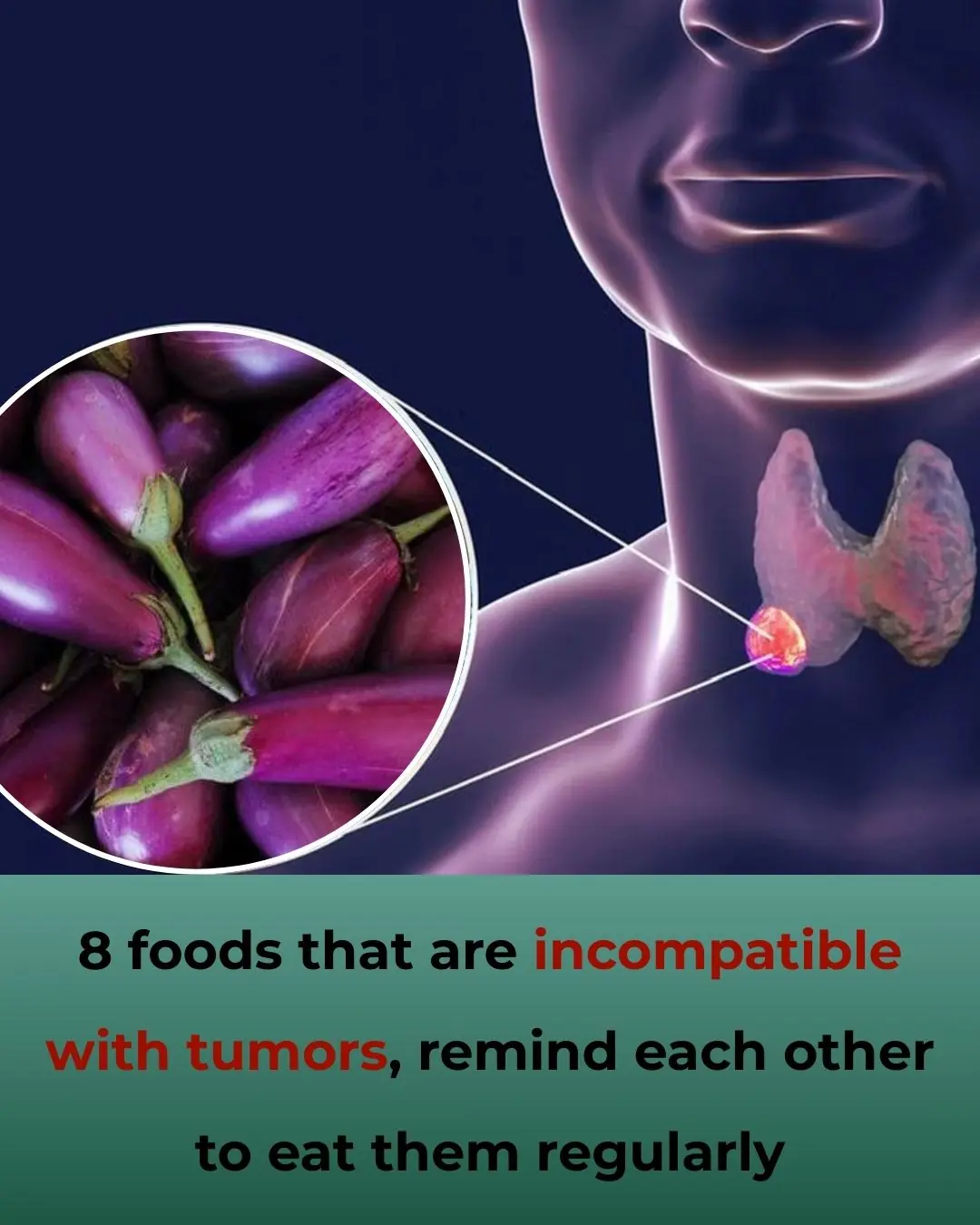
8 Foods That Fight Cancer – Add Them to Your Diet Regularly

What Health Conditions Can Garlic Soaked in Honey Help With?

How to Make Steamed Pear with Rock Sugar — Delicious, Comforting, and Packed with Nutrition

Using a Water Heater? Making These 3 Mistakes Is Like “Flirting With Death”!

Why You Should Never Leave a Water Bottle Inside Your Car
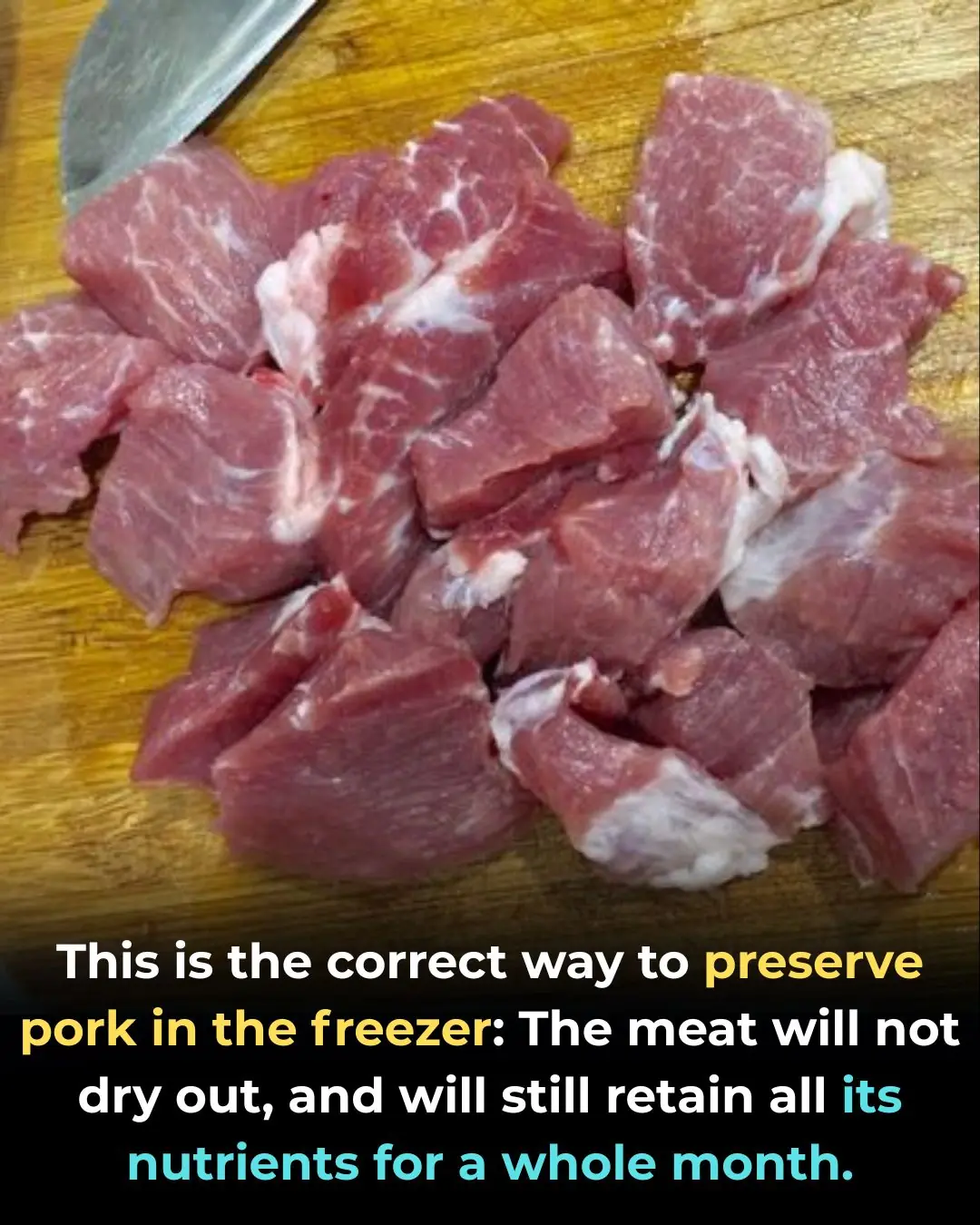
This is the correct way to preserve pork in the freezer: The meat will not dry out, and will still retain all its nutrients for a whole month.

Pour salt into the toilet, everyone calls you crazy but know its uses and do it at home right away
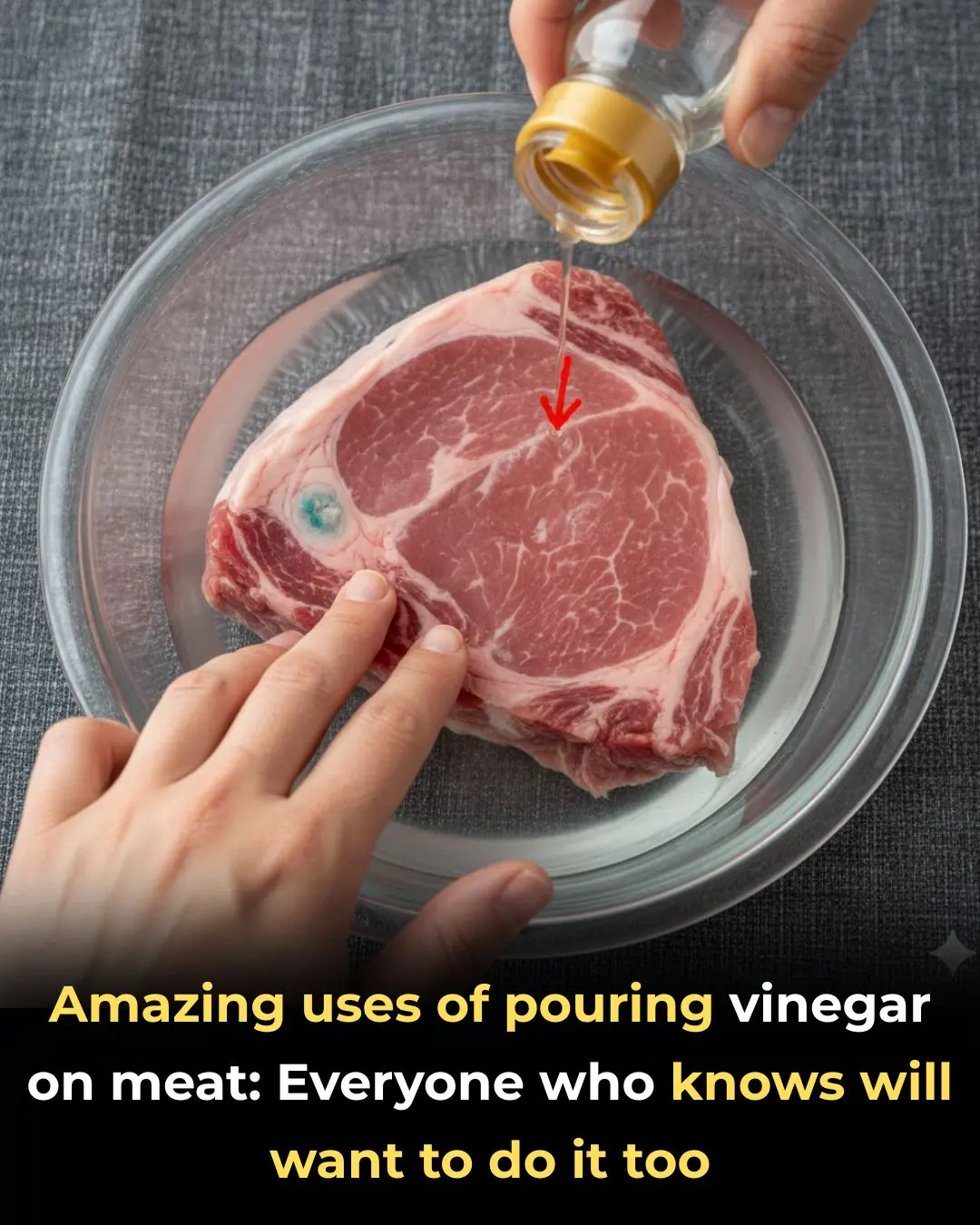
Amazing uses of pouring vinegar on meat: Everyone who knows will want to do it too
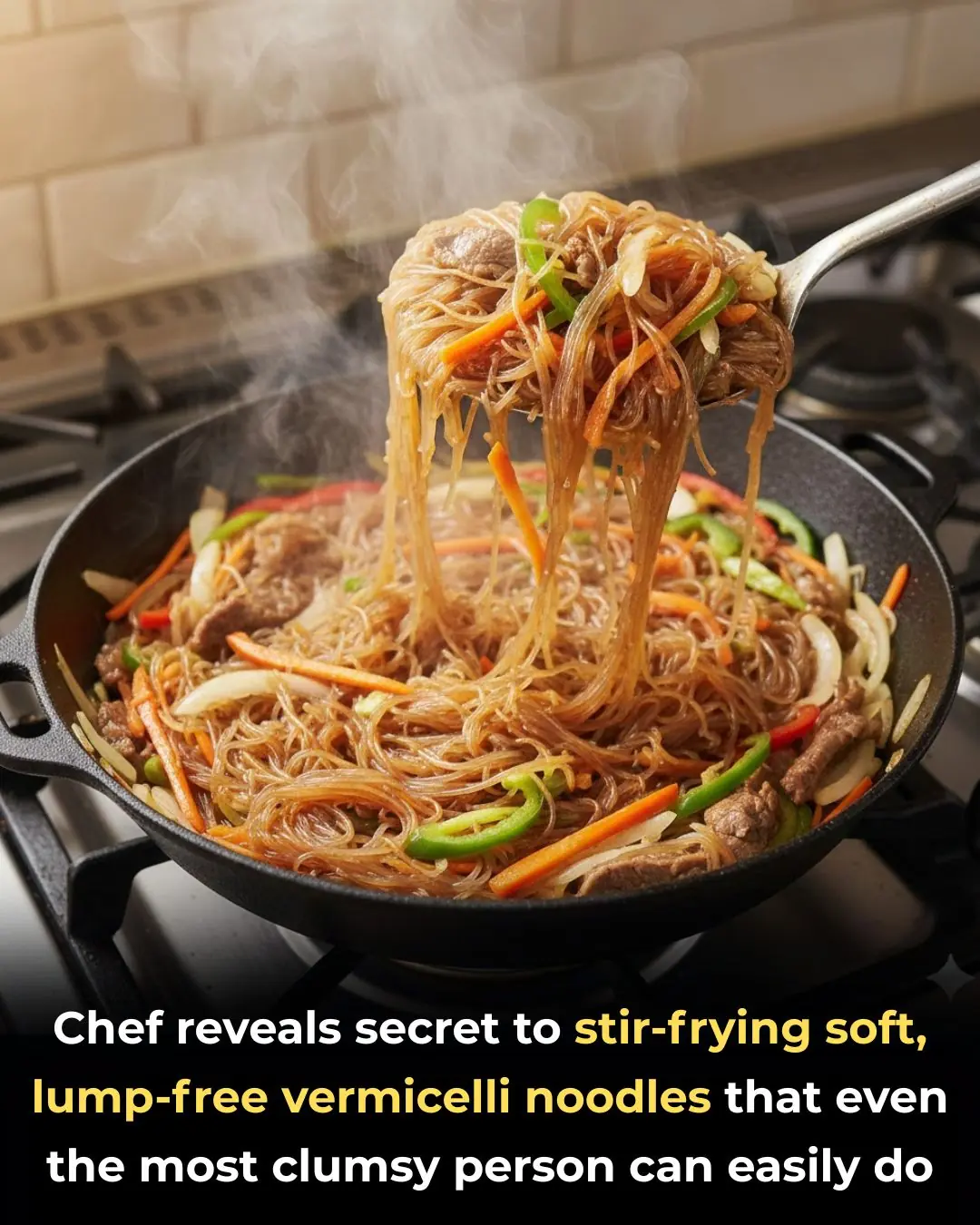
Chef reveals secret to stir-frying soft, lump-free vermicelli noodles that even the most clumsy person can easily do

Do not throw away air conditioner wastewater, it has many useful uses that many people do not know.

Good tips for those who have dry trees, help them produce many flowers, fruits, and sweet and rich fruits

A Simple Sock Trick to Clean Dusty Window Blinds with Almost Zero Effort
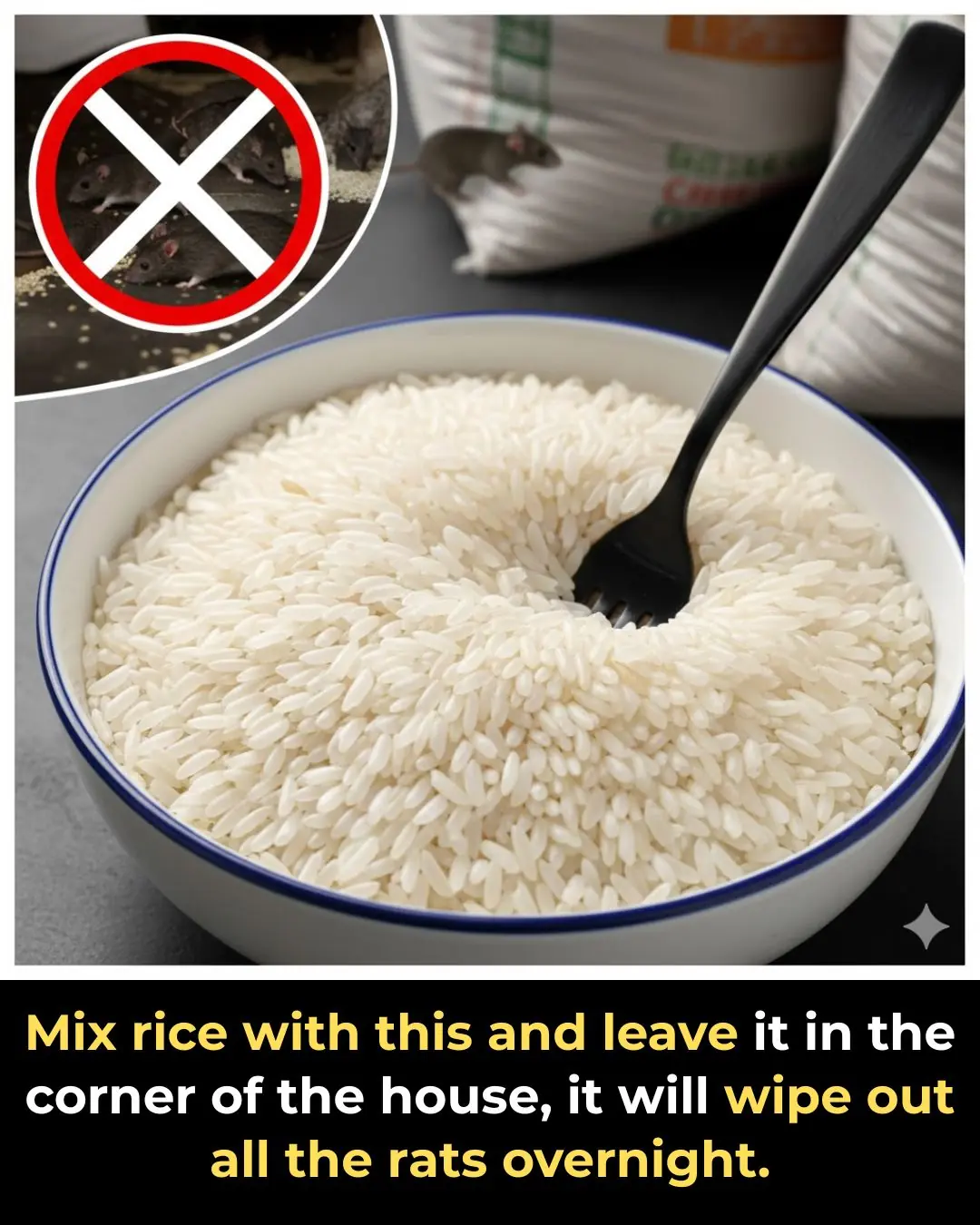
Mix rice with this and leave it in the corner of the house, it will wipe out all the rats overnight.
News Post

A Homeless Pup's Heartfelt Payment: A Story of Kindness and Unspoken Bonds

Renewable Energy Surpasses Coal as World's Largest Source of Electricity: A Historic Milestone for Humanity and the Planet

What You Do First in This Scenario

Top 5 Veggies to Detox Your Arteries and Prevent Heart Attacks!

Untreated sleep apnea may nearly double your risk of Parkinson’s, major study finds

Amazon Lakes Heat to Dangerous Levels, Triggering Mass Wildlife Deaths

Warning Signs Your Magnesium, Potassium and Calcium Levels Are OFF and How To FIX It!

Don’t Throw Away Bubble Wrap—Keep It in Your Kitchen and You’ll Be Surprised by Its Uses
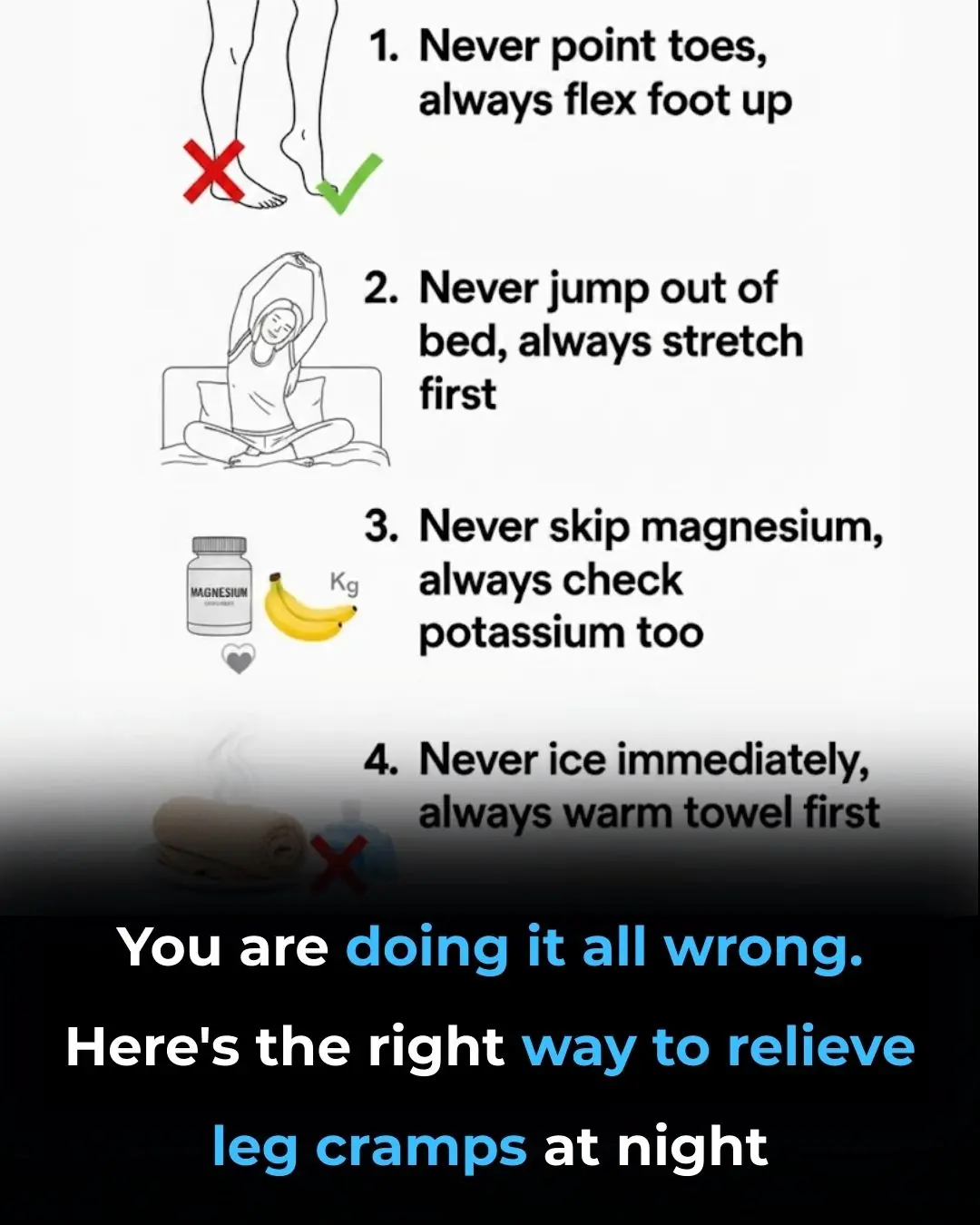
You are doing it all wrong. Here’s the right way to relieve leg cramps at night

Dirty fan? No need to remove the frame or use water: This simple method makes your fan spotless and shiny

Revolutionary Alzheimer's Treatment: Sound Waves Used to Remove Brain Plaques and Restore Memory
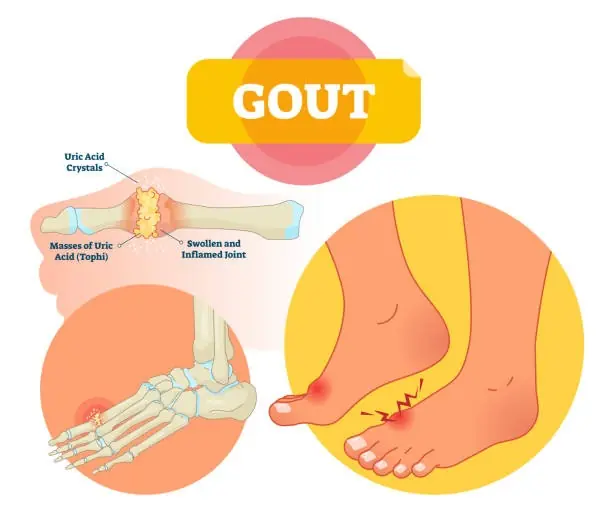
Few Know This Trick To Stop Uric Acid Crystals From Destroying Joints

WHAT IS THROMBOSIS? SYMPTOMS AND HOW TO PREVENT IT

Natural Eyelash Growth Remedies – Oils, Serums & Home Treatments

From Space to Earth: The Science Behind Felix Baumgartner’s Record-Breaking Jump

Transforming Oil into Green Prosperity: The Success of Norway’s Sovereign Wealth Fund
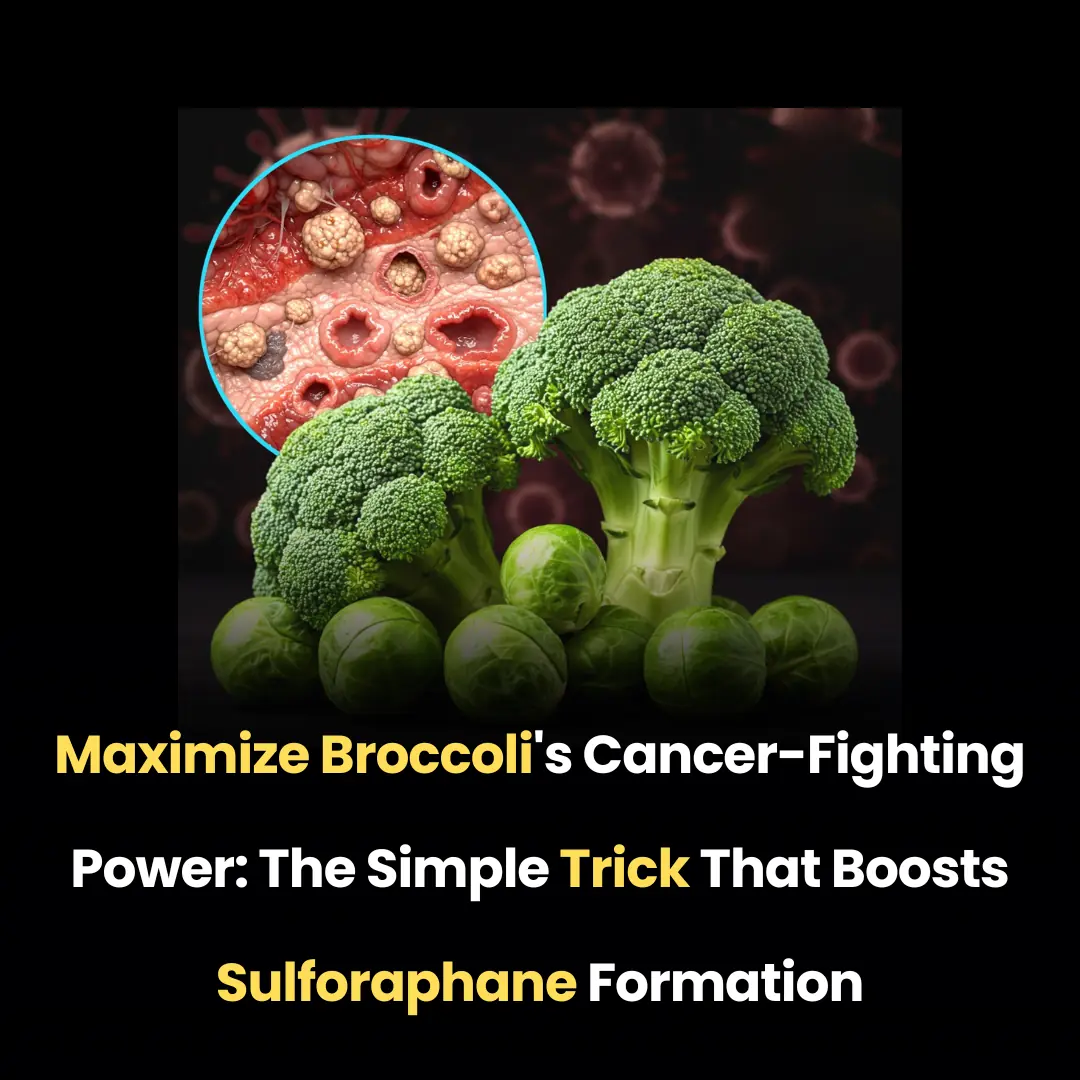
Maximize Broccoli's Cancer-Fighting Power: The Simple Trick That Boosts Sulforaphane Formation

Hidden Fungi in Your Nose: A Surprising Cause of Allergies and Asthma
